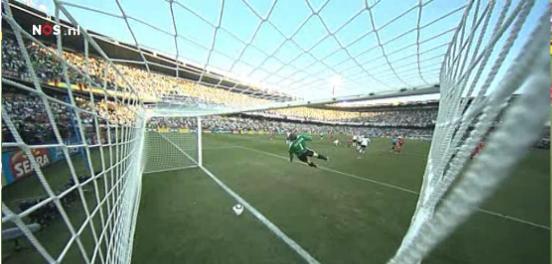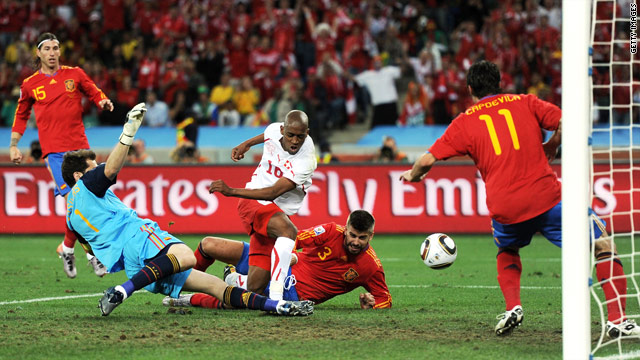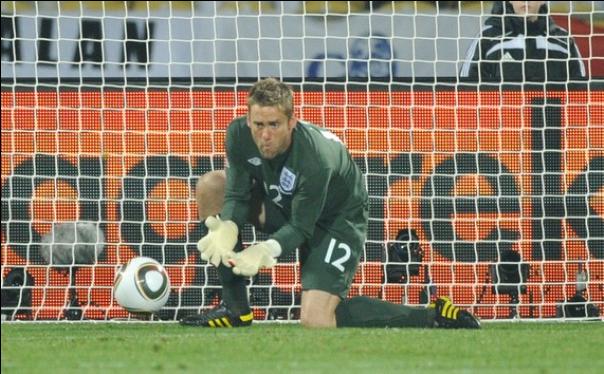
But unfortunately the referee decided otherwise. It can be difficult sometimes to see if a shot that doesn’t thunder into the back netting has actually crossed the line, but not when it’s half a metre or so behind the line. But the linesman was too far away to see properly and the ref didn’t overturn his decision and so England was denied a valid goal that would’ve been the equaliser. If England now exits the Worldcup it would be the ideal situation for the tabloids to wallow in that sense of outrage and injustice they like so much when it comes to football. But it should never have happened. Goal line technology is neither exotic nor expensive and it would’ve seen what the refs couldn’t.
You might wonder why such a multi-billion dollar industry like football doesn’t use such technology in its most important tournament, but it all comes down to seventyfour year old FIFA president Sepp Blatter, who adamantly refuses to introduce it. The Dutch football commentators at Voetbal International seem to believe it’s a combination of his age and his belief that it would be too expensive to use as it would need to be used in qualifying games as well and poorer countries couldn’t afford this. This last reason is of course utterly silly, as it is up to FIFA to make the rules and they could easily decide to only use it in the finals, hence sparing themselves this embarassement.
But you wonder if there’s more going on than just the innate conservatism of an old man. Using goal line detectors and other technology means referees are going to make fewer subjective calls. leaving less room for error — and fraud. Because we know there’s a multi-billion dollar betting industry sprung up around football as well, not all of it legal and we also know that players and referees both have been bribed in several national leagues to throw games already. Can we therefore be sure the Worldcup is safe?

